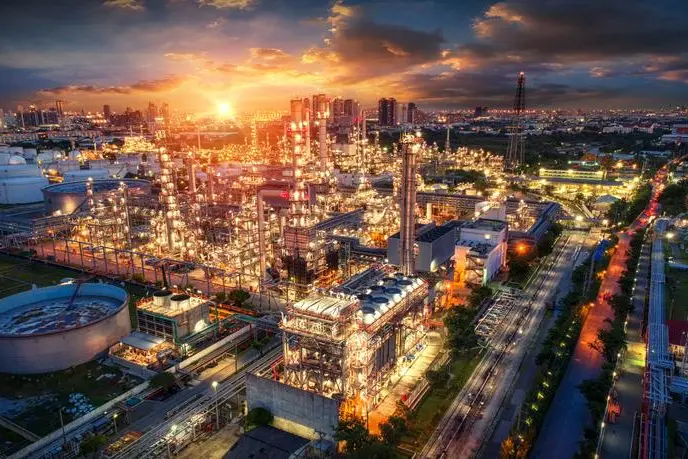PHOTO
Capital spending on oil and gas in the MENA region is set to rise, in line with the global recovery from COVID-19 and the unwinding of the OPEC+ deal, said Fitch Solutions in a report.
However, it will be many years until capex can recover to its pre-pandemic highs.
Few of the region’s national oil corporations report on capital expenditure (capex), but regional giant Saudi Aramco has indicated that it will raise its spending by 30 percent in 2021, to around $35 billion. “That said, this remains far below the $40-45 billion that was its guidance prior to the coronavirus,” the report said.
Spending and production outlooks will continue to diverge within the region, as the core GCC countries increasingly outperform the rest of the region. Saudi Arabia, the UAE, Kuwait and Qatar boast large and low-cost resource bases.
In light of spending pullbacks elsewhere, the four are well-positioned to regain global market share over the coming decade, driving robust spending growth, according to Fitch.
Capex for the region as a whole is unlikely to reach is pre-pandemic highs for several years.
Several companies offering longer-run guidance, including Abu Dhabi’s ADNOC, Kuwait Petroleum and Algeria’s Sonatrach, have signalled lower average spending rates over the coming five years. However, lower unit costs and higher capital efficiency will contribute to at least part of the reduction in spending, limiting the impact on project developments.
Beyond GCC, the regional output is dominated by Iran and Iraq, which are both home to vast oil and gas resources. “The unwinding of the OPEC+ production cut agreement and, in the case of Iran, sanctions relief, will see substantial gains in oil output, but beyond this, the scope for growth will be limited,” said Fitch.
Focus on natural gas
The report noted that natural gas will become an increasingly important strategic focus over the longer term, with incremental production being will be targeted towards the domestic market in most countries.
Presently, due to inadequate domestic production, several countries, including Bahrain, Kuwait, Iraq and the UAE are reliant on imports to plug domestic deficits in supply.
“Natural gas has a high penetration in the MENA energy mix and is set to further grow its share over the coming decade, not least due to growth in gas-based industries.”
(Writing by Brinda Darasha; editing by Seban Scaria)
This article is provided for informational purposes only. The content does not provide tax, legal or investment advice or opinion regarding the suitability, value or profitability of any particular security, portfolio or investment strategy. Read our full disclaimer policy here.
© ZAWYA 2021





















